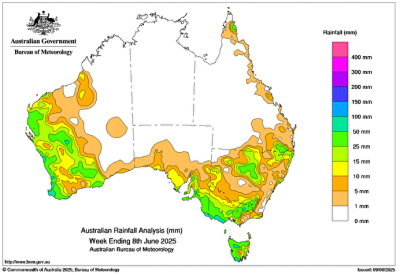MDAs urged to embrace transparency as CeFTPI presents index
The Centre for Fiscal Transparency and Public Integrity (CeFTPI), in collaboration with the Bureau of Public Service Reforms (BPSR), has officially presented the 2025 edition of its Transparency and Integrity Index (TII) Methodology Handbook.
The presentation, held at the Federal Ministry of Finance Auditorium, was attended by key stakeholders, including the Secretary to the Government of the Federation (SGF), Senator George Akume, the Director-General of the Budget and Planning System Review (BPSR), Mr. Dasuki Arabi, and representatives of Ministries, Departments, and Agencies (MDAs) nationwide.
The Transparency and Integrity Index (TII), now in its fifth year, provides a standardised framework for assessing over 500 national and sub-national institutions across five critical governance indicators: Fiscal Transparency, Open Procurement, Control of Corruption, Human Resources and Inclusion, and Citizens Engagement.
These variables are measured using a rigorous methodology grounded in national legislation and international anti-corruption frameworks such as the United Nations Convention Against Corruption (UNCAC) and Nigeria’s Freedom of Information Act (FOI).
In his keynote address, the SGF, represented by the Permanent Secretary, General Services Office (GSO), Dr. Nnamdi Maurice Mbaeri, emphasised the relevance of the TII to the Federal Government’s agenda, describing it as a vital tool for institutional performance measurement and citizen engagement.
“Transparency and integrity are not optional virtues; they are the very foundation of public trust,” Dr. Mbaeri said. “By implementing the TII methodology, we can catalyse a paradigm shift towards greater accountability, transparency, and inclusivity in governance.”
He noted the Index’s role in addressing practical governance outcomes, such as equitable service delivery and ethical public procurement, urging MDAs to integrate the methodology into their operational standards.
The BPSR DG, Dr. Dasuki Arabi, commended the Centre’s consistency and technical expertise in sustaining the TII, highlighting its alignment with Nigeria’s public service reform priorities, particularly the National Strategy for Public Service Reforms (NSPSR).
“There is a clear indication that MDAs’ responsiveness to the transparency methodology has increased,” Arabi stated. “The updated 2025 methodology reflects evolving governance challenges and equips institutions with tools for continuous improvement.”
He further noted that the TII supports the implementation of Executive Order 001 on transparency in business processes and aligns with key economic reform measures of the current administration.
Presenting the methodology, the Centre Executive Director, Dr. Umar Yakubu, said that at the core of the framework is the principle of proactive disclosure.
“Institutions are assessed on their publication of statutory information, such as budget allocations, procurement records, staff data, and anti-corruption policies, on their websites. Each of the five assessment categories carries equal weighting, and performance is scored based on accessibility, completeness, and compliance with legal standards,” he said.
Yakubu reiterated that the Index is not intended to shame institutions but to serve as a mirror for self-assessment and improvement.
“The TII is a preventive mechanism against corruption,” Yakubu said. “We encourage MDAs to study the assessment methodology carefully and take deliberate steps to improve their openness and public accountability.”
As the 2025 evaluation cycle begins, public institutions have been encouraged to thoroughly review the methodology handbook and align their digital and governance practices accordingly. With the annual TII report scheduled for release on September 28th, coinciding with the International Day for Universal Access to Information, the presentation of the methodology sets the stage for a more transparent and accountable public sector.










